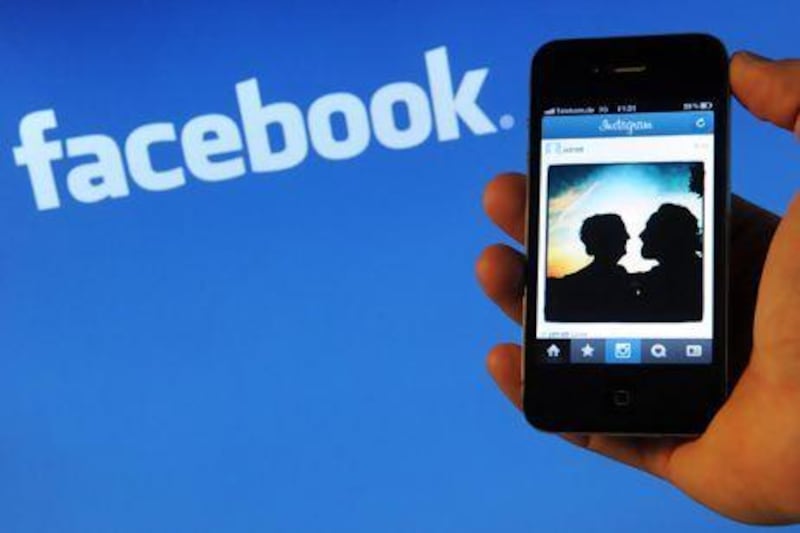The recent fuss over changes to Instagram's terms of service is a good reminder to all users of social media services that nothing in life is really free.
Put more bluntly: users should remember they aren't the customers of these services but part of the product that is sold to the true customers - the advertisers who pay these companies money and expect a return on their investment.
Instagram, which is now owned by Facebook, is apparently still smarting from a recent privacy flap, which was sparked last month when the photo-sharing service announced confusing changes to its privacy policy and terms of service. The biggest concern was the fear Instagram could allow the photos taken by its users to be used in advertisements.
Like its new parent has done in the past, Instagram was forced into a quick about-face following the predictable uproar and later "clarified" its policies with an apology.
Over the past few years, Facebook, too, has angered consumers with its confusing privacy settings. One of its biggest flip-flops was in late 2007, when it made a U-turn on a controversial advertising system it developed called Beacon.
What all these past and current debates are showing is that there is a disconnect between the social media firms - which are profit-focused, revenue-generating businesses - and their growing number of users, who have become accustomed to getting valuable services at no charge.
Each side needs to take some responsibility for the disconnect.
In the case of the consumer, everyone needs to realise there is ultimately a price to pay for using these allegedly free social media services or networks, which include not only Facebook but also services such as Gmail, Google +, Twitter, Pinterest and many others.
Consumers create the content that makes up the bulk of these services, driving up their value as a network. But all those gigabytes of photos, emails, documents, updates and conversations are being stored and served at a cost, and the companies paying those costs are doing so with the intention of using that data to make money. Truly, there is no such thing as a free lunch. Anyone signing on for a free or ultra-cheap service should anticipate that the data they contribute through their activities will be used in some fashion to grow the business.
For their part, the companies providing these services need to be a lot more upfront with their users.
Too often, this point is buried in lengthy, snooze-worthy legal documents called "terms of service" that few have the time, energy or knowledge to wade through.
Early Instagram users can be forgiven, a bit. When Facebook decided to stump up nearly US$1 billion (Dh3.67bn) to buy the company, many stories repeated the same mantra: "Instagram had no revenue and no business model."
The notion of "no business model" is a lot of hokum. Most of these companies are venture-backed, and investors don't pour millions into companies that have built up a huge community of users who pay nothing for the services without some idea of how they will make money.
Would it be too much to ask that social media and internet companies remind their users - at the outset in a clear and concise manner - that they are using a free service that is intended to make money, and that the information users contribute will be a key part of that business?
Instagram now has a new bizarre caveat, as it wrote in its blog post last month in what became the most obvious indicator the company hadn't really thought out its changes clearly. "Going forward, rather than obtain permission from you to introduce possible advertising products we have not yet developed, we are going to take the time to complete our plans, and then come back to our users and explain how we would like for our advertising business to work."
Perhaps other start-ups can learn from the confusion at Facebook and Instagram in the coming year.
All social media need to come with better warning signs, and at the same time, consumers need to realise that everything that seems to be free always has a cost.
* Dow Jones





